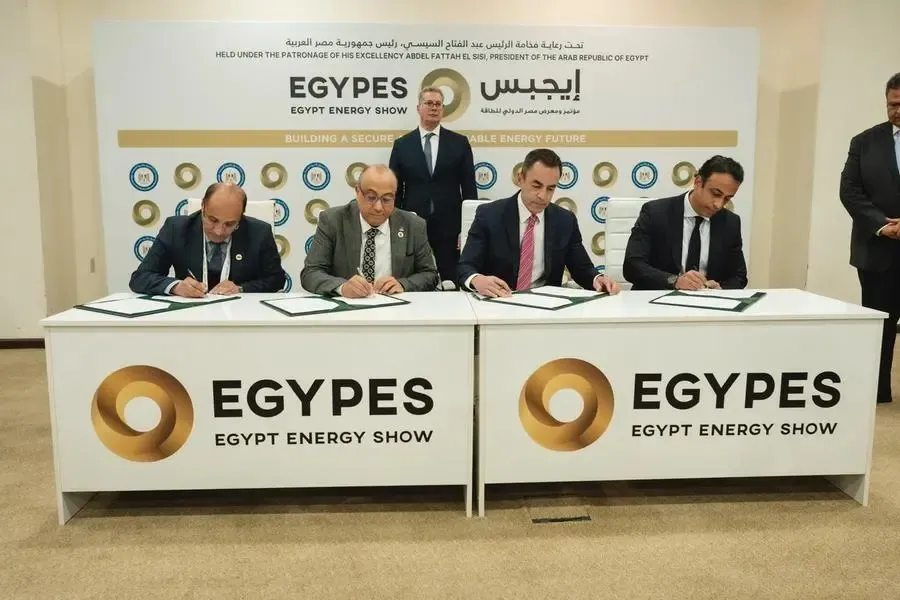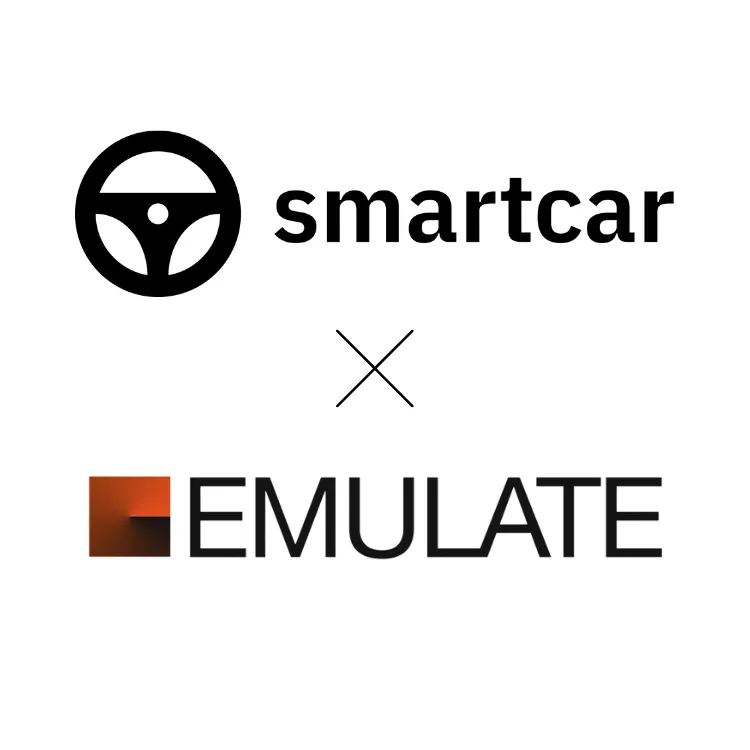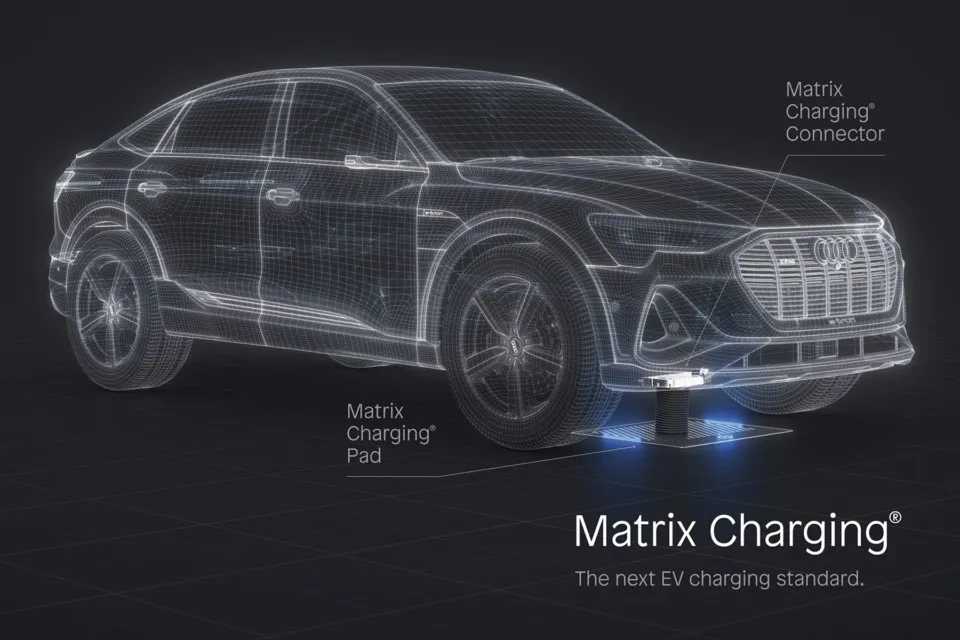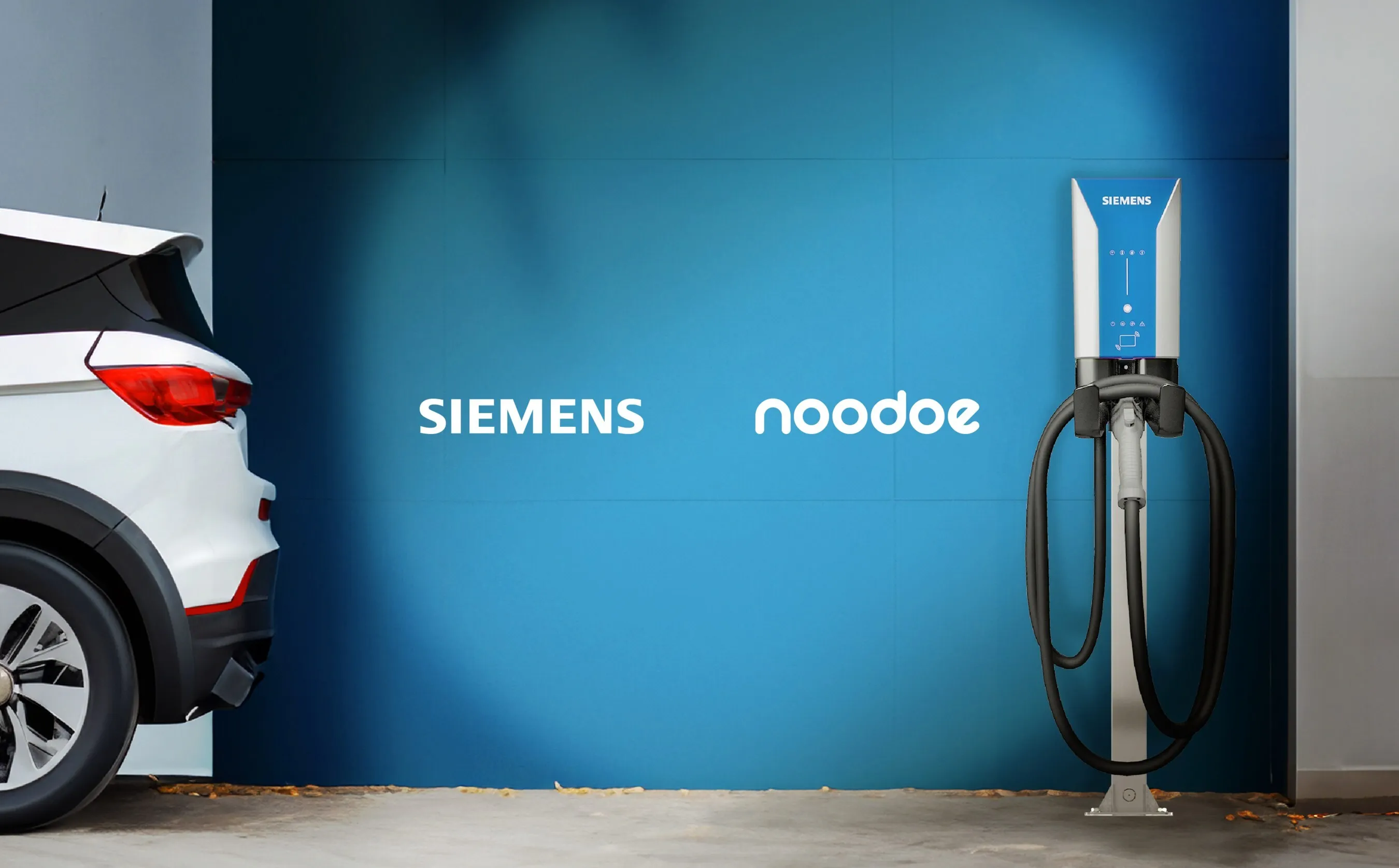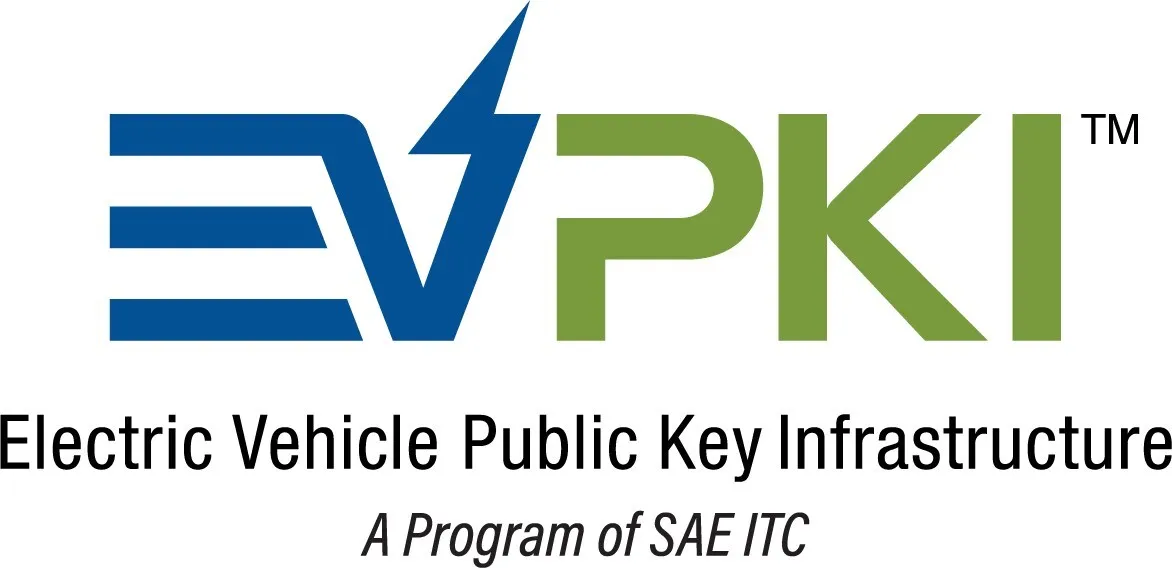
The partners say their initiative will simplify the future of EV charging, enabling drivers to plug in any car at any public charging station and automatically start charging, with no payment processing step required.
They add it means drivers will soon be able plug in at any public charging station and start charging, with no payment processing step required.
The public-private partnership of SAE Industry Technologies Consortia (ITC) and its Electric Vehicle Public Key Infrastructure (EVPKI) Consortium – along with the Joint Office of Energy and Transportation – have announced a common EVPKI framework that will enable secure automatic authentication as soon as drivers plug in – a capability known as "Plug & Charge."
Until now, the EV charging experience has been fragmented, with automakers and charging networks using proprietary authentication and authorization solutions and sometimes offering features like Plug & Charge within their network. Today's development means vehicles, chargers and charging networks all will be able to talk to each other for the first time, advancing the industry toward a universal solution so every driver can plug in and start charging at any public station in the future.
The industry-led SAE EVPKI solution is touted as a watershed moment in the advancement of EVs. The new framework creates a common security solution that will enable vehicles, chargers and charging networks to securely communicate with each other, achieving true interoperability across the entire charging ecosystem. Once the SAE EVPKI solution is implemented, EV drivers will benefit with:
Faster, automated charging with any public station and any car. Charging and payment processing happens seamlessly – no more using multiple apps or payment methods. This means reduced time to charge overall, and a more reliable charging experience. This works because the Certificate Trust List (CTL) developed by the SAE EVPKI Consortium enables secure, automated authentication at the onset of the charging transaction.
Improved cybersecurity protocols for the entire EV charging ecosystem – meaning security is built in from the start.
Opportunities to use the transformative innovations that Plug & Charge enables. For example, Plug & Charge lays the foundation for vehicle-grid integration (VGI) technologies, which will enable bidirectional energy flows, advanced grid services, and more resilient energy ecosystems.
"Today's announcement focuses the industry on interoperability and security, with the SAE EVPKI platform providing the crucial connecting layer," said Sarah Hipel, acting chief technology officer, Joint Office of Energy and Transportation. "This common platform enables innovation while supporting future advances in vehicle-grid integration and vehicle-to-everything communications."
The SAE EVPKI Certificate Trust List Requirements (CTL) is the basis for onboarding industry PKI suppliers to the new framework. PKI suppliers can review and develop to the CTL and apply to be an EVPKI-compliant PKI root. Throughout 2025, the industry will continue to move toward the universal Plug & Charge model, which will include:
- A secure process to exchange technology among vendors
- PKI user onboarding and testing
- A new competitive EV Sector PKI supply market
"Our mission is centered on interoperability, scalability and flexibility in EV Charging," said Tim Weisenberger, SAE EVPKI director. "The public release of the SAE EVPKI with its Certified Trust List provides a critical message security solution for universal Plug & Charge functionality – marking a major advancement in the electric mobility ecosystem.
"We thank our diverse, global industry members for their agile development approach, and look forward to making electric mobility easier and more effective for consumers," Weisenberger added. "We anticipate an operational EVPKI solution in 2025 and an open, competitive PKI supplier marketplace to enable economical and secure charging at scale."
"Universal Plug & Charge levels up the electric fueling experience -- making it even easier than filling up with gas," said Gabe Klein, executive director of the Joint Office of Energy and Transportation. "We are rapidly approaching a future where every EV driver can just plug in, charge up, and go; the network will talk to your car and process the payment seamlessly. This is a fundamental step in architecture toward enabling bidirectional charging and true vehicle-to-grid integration, the holy grail for energy and transportation."
EVPKI Consortium members span the EV charging ecosystem, including leading global automakers, EV charger manufacturers, charge point operators, eMobility service providers, and PKI suppliers. Visit https://www.sae-itc.com/programs/evpki for more information and to freely download the SAE EVPKI CTL Requirements and EVPKI Certificate Policy.
SAE ITC is an affiliate of SAE International. SAE ITC specializes in establishing and managing consortia by providing proven processes, tools and resources. SAE ITC enables public, private, academic and government organizations to connect and collaborate in neutral, pre-competitive forums, thus empowering the setting and implementation of strategic business improvements in highly engineered industries globally.


